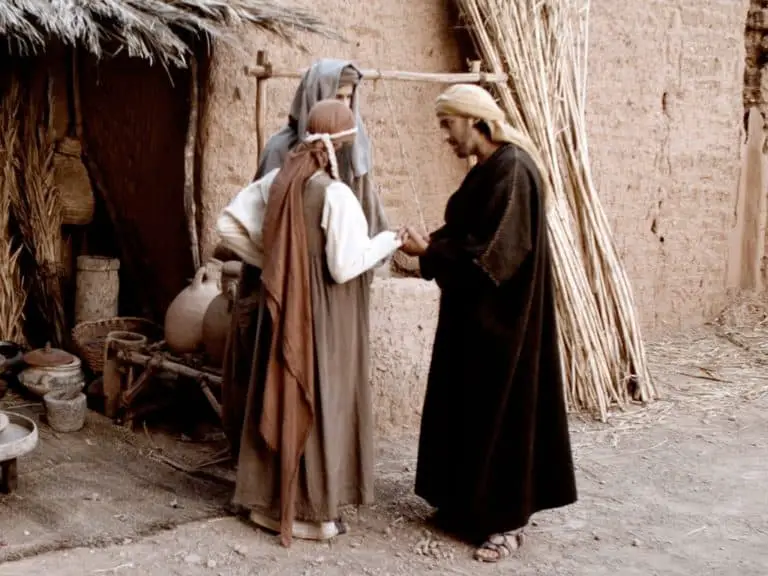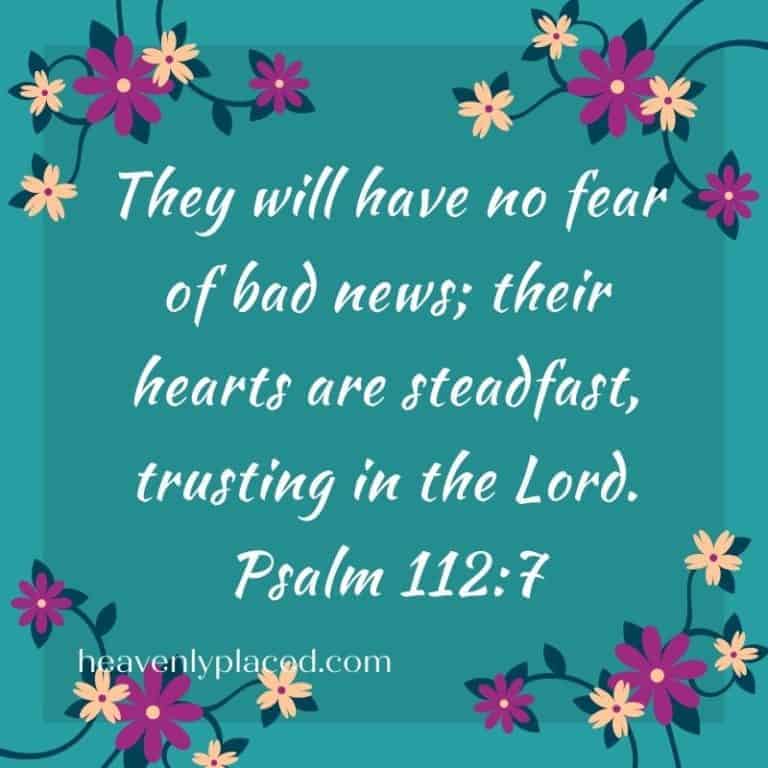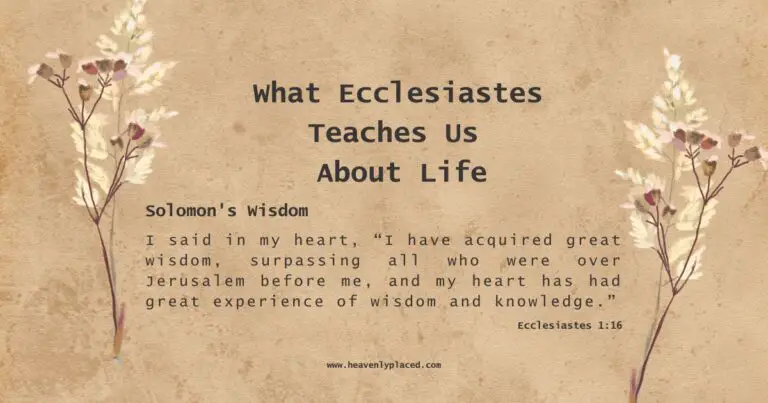5 Simple Bible Reading Plans for New Christians: Or Old Christians Who Want To Start Something New
This post may contain affiliate links. Read the full disclosure here.
Great! You are a new Christian! Welcome to the Family!
You’ve accepted God’s gift of redemption that Jesus paid for on the cross, and now you have the Holy Spirit living in your heart! (blow the trumpets and hear the angels shout!)
In the same way, I tell you, there is joy in the presence of the angels of God over one sinner who repents [that is, changes his inner self—his old way of thinking, regrets past sins, lives his life in a way that proves repentance; and seeks God’s purpose for his life].” Luke 15:10 (AMP)
Now what?
Now that you are a Christian, of course, you want to know all the trade secrets the other Christians know.
What’s the secret to praying? How do you know what’s going to happen in the future? How do Christians know all those super cool stories about giants, man-eating fish, and angels?
Oh yes! Reading the Bible is the first place you start as a new Christian. You open up the first page and begin to read the book of Genesis.
In the beginning God created the heaven and the earth. And the earth was without form, and void; and darkness was upon the face of the deep. And the Spirit of God moved upon the face of the waters. Genesis 1:1
That’s not so bad. In fact, the whole book of Genesis is interesting, so why do people have difficulty reading the Bible?
Why is Reading the Bible so Hard?
Everyone begins reading the Bible the same way, usually. Open it up, skip all the introduction pages, and turn to Genesis, chapter 1. Great place to start. There are a lot of great (maybe) familiar Bible stories in Genesis.
However, the Bible is not “a” book; it’s several books wrapped into one collection. Its writings span over thousands of years. So, the Bible is sometimes difficult to understand due to cultural differences.
Also, the Bible, originally written in Hebrew, Greek, and Aramaic, had to be translated. And no matter how careful translators are, some thoughts and ideas tend to lose some of their nuances.
And the Bible is the inspired, infallible Word of God, without flaw, without error, but that’s the original writings, not the modern-day translations. God did not breathe on the translators the words to write like He did the original authors. And that’s why, as Bible teachers, we read different versions and different commentaries and refer to varying concordances like the Strong’s Concordance.
All Scripture is breathed out by God and profitable for teaching, for reproof, for correction, and for training in righteousness. 2 Timothy 3:16
Reading the Bible: Where to begin?
So, as a new Christian or a new reader, how do you know where to begin reading the Bible?
You could start in Genesis and read through the Old and New Testaments. Reading a chapter a day would take you about three years and three months (about 5-10 minutes a day). This is actually a good plan. Slow and steady.
You could open the Bible and allow it to fall open and begin reading there, but that starts getting a little confusing if you’ve never read it before.
So, as a new Christian (or an old Christian starting anew) where do you start?
4 Simple Suggestions on Where to Begin Reading the Bible
- Get a Bible that’s easy to read.
Plenty of people have cut their teeth on the older versions of the Bible, but those versions do pose a small barrier because the dialect is different than ours today. For example, The Geneva Bible (1557-1560) and the King James Version (1611, 1769) are written in Early Modern English and may be hard to comprehend.
Other Bible versions that are written in Modern English are easier to read. The most popular versions are the English Standard Version (ESV), the New American Standard Bible (NASB), and New International Version (NIV). Most verses on this site are from the ESV (or otherwise noted).
2. Read for clarity, not quantity.
If you are not in a Bible reading challenge, there is no reason to rush through the Bible. Reading the Bible is not a sprint but a marathon. Reading the Bible will, hopefully, become a lifetime habit. Read a chapter a day; or a verse a day—Warning! You will not be able to stop after one verse. Once you start, sometimes it’s hard to stop.
3. Read the small print in between the lines.
You will find the author and date written at the beginning of most books of the Bible. Sometimes there are historical facts; sometimes, there is an outline. And as you’re reading, look at the bottom of each page. The writers included notes! The information listed is to help those of us who don’t understand the original language or customs of that day and time, to comprehend aspects more clearly.
4. Make a plan that’s easy to follow.
You don’t have to sit down and read the Bible from cover to cover, you can, but the Bible is many books; you can start anywhere. Try starting in the New Testament and reading about Jesus. Begin with Matthew.
Or start reading separate books like Psalms or Proverbs, or you could read the letters written by Paul to the churches of that time: Galatians, Romans, 1 & 2 Timothy, to name a few. Try to find a Bible reading plan that works for you.
5 Bible Reading Plans for Beginners
Reading plans are helpful tools for Christians. Setting goals, keeping on track, succeeding at an important task; unfortunately, these helpful tools can become a ball and chain.
We start to feel guilty when we forget to read. We get overwhelmed trying to catch up. And what we are reading losses all meaning because we’re just stuffing it in. Try to remember that’s not the point of a reading plan.
Do your best to present yourself to God as one approved, a worker who has no need to be ashamed, rightly handling the word of truth. 2 Timothy 2:15
1. Read the Gospels in 90 Days
The gospel is the story of Jesus. Jesus is the Savior. Knowing Him and His teachings are pivotal in our walk as Christians. We can not become like Christ if we don’t know about Him. These books recall the eye-witness account of Jesus’ life on earth. You will discover truths about His character, His calling, and His plan for you. Print out the 90-Day Gospel Reading Plan.
2. Read a Proverb a Day
The book of Proverbs has thirty-one chapters, which makes reading through this book very doable in 31 days. In Proverbs, you will find wise sayings, thought-provoking sayings and learn where knowledge and understanding come from. With prayer and a willing heart, you will gain wisdom by reading through Proverbs. Print out the 31-Day Proverbs Reading Plan.
3. Reading the New Testament in a Year
Plunge into the deep waters and commit to a reading plan that lasts all year! By reading one chapter a day, for five days a week, you can read through the New Testament in 52 weeks. These books teach us how the church was first formed, the church’s mission and provide us with insights on how a Christian should behave in this present world. Print out the New Testament 1 Year Reading Plan.
4. Read Psalms in 30 Days
The book of Psalm is one of my favorites. It’s full of poetry, songs, and ballads. It resonates with the marvelous works of God and is full of Scriptures that magnify and glorify His name. King David, the primary contributor, was a poetic soul who deeply loved our Creator. He took every opportunity to sing about his love for God and God’s love for us. Reading a Psalm each day will enrich your prayer life.
5. Reading the Old Testament
There are several books in the Old Testament I love to read—Genesis, Exodus, Joshua, Ruth, Job, Proverbs, Psalms, and all the books of the prophets. But some of the other books wear me down. Not to influence anyone; that’s just a personal thing.
The Old Testament is full of history, law, poetry, and prophecies. By reading the Old Testament, you will gain knowledge of all the favorite Bible stories you may have (or may not have) heard as a child. The Creation, the Flood, and the Exodus, to name a few. Bible characters such as Ruth, David, Samson, and Elijah. It’s a thrilling read!
But I suggest taking the Old Testament at a slow and steady pace so you can absorb its stories and maybe do research into what you read. There is a printable plan to read the Old Testament in a Year on the site “A Bible a Day. Supposedly, it only takes 10 minutes a day (on average), but if you print out this plan and decide it’s too daunting, then read it at your own pace.
Remember, reading the Bible is a marathon, not a sprint!
How do You Read the Bible Effectively?
Are you a book collector? Most people who collect books keep them around and maybe read them another time, but not usually.
The Bible is different. You will not want to tuck it away because it will become a part of your life. The Bible is the living word of God!
It compels us to do right; it encourages when we are discouraged; it becomes a salve in our brokenness and a book of knowledge to our seeking minds.
But for the Bible to become a beneficial influence in your life, you must start with P-R-A-Y.
Pray before you read.
These things God has revealed to us through the Spirit. For the Spirit searches everything, even the depths of God. 1 Corinthians 2:10
Read for understanding.
For whatever was written in former days was written for our instruction, that through endurance and through the encouragement of the Scriptures we might have hope. Romans 15:4
Apply the Word to your life.
But be doers of the word, and not hearers only, deceiving yourselves. The one who looks into the perfect law, the law of liberty, and perseveres, being no hearer who forgets but a doer who acts, he will be blessed in his doing. James 1:22, 25
Yield to the Holy Spirit.
For to set the mind on the flesh is death, but to set the mind on the Spirit is life and peace. For the mind that is set on the flesh is hostile to God, for it does not submit to God’s law; indeed, it cannot. Those who are in the flesh cannot please God. Romans 8:6-7
But the Helper, the Holy Spirit, whom the Father will send in my name, He will teach you all things and bring to your remembrance all that I have said to you. John 14:26
Reading the Bible is an important habit for Christians, new or not. But the best habits are the ones that are easy to implement into an already busy life. Start slow and be consistent (remember the turtle and the rabbit?) Before you know it, you will be enjoying the wonderful mysteries found in between the pages of God’s Word.






